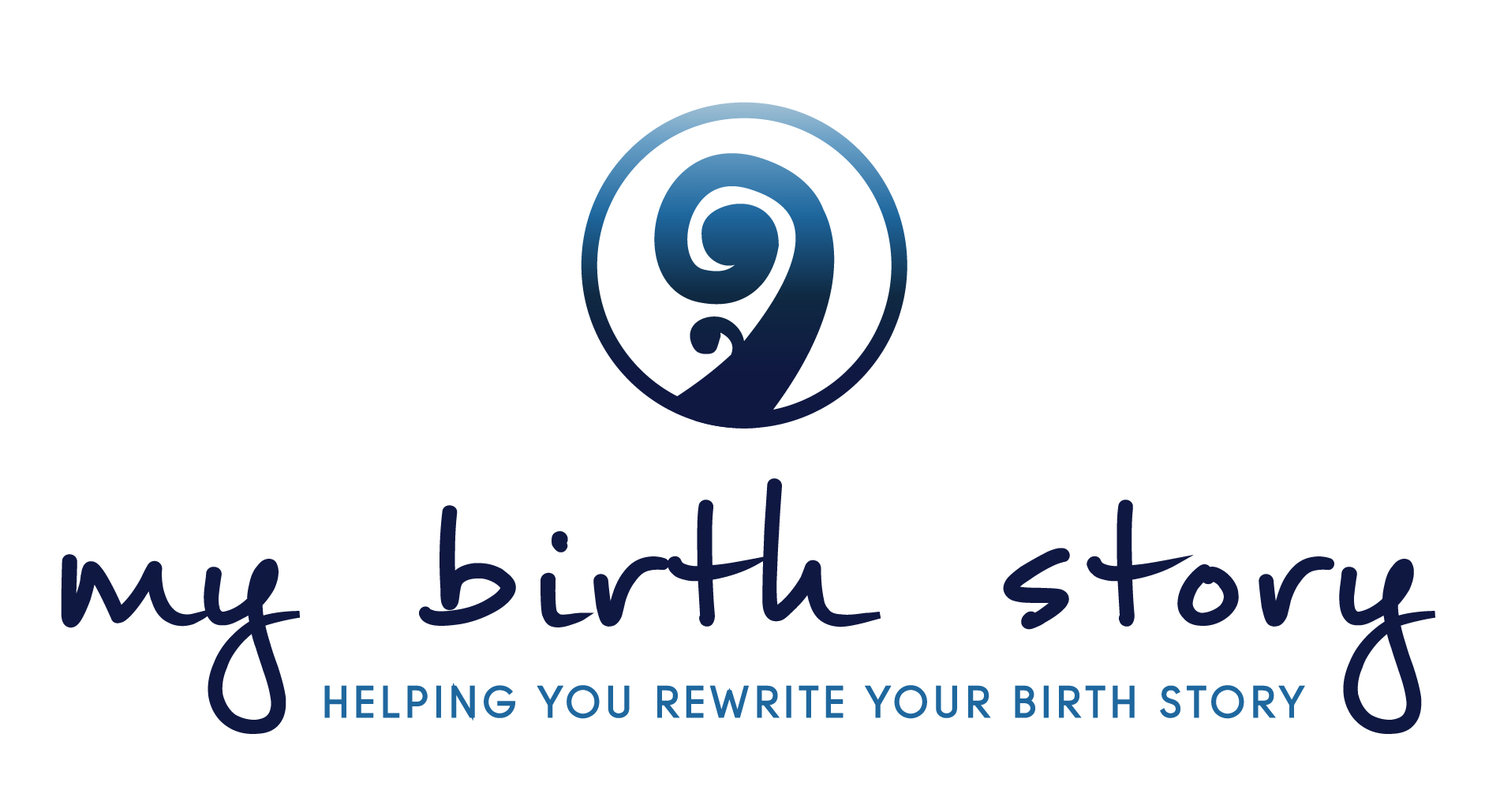Kaupapa/Tikanga Māori
“The challenge of the 21st Century is for Maori women to have their birth practices validated and not violated through the culturally safe practices.” (Wepa & Te Huia)
Image/MollyWhuppie
Within traditional Māori society, tikanga were observed in order to preserve the tapu of childbirth and to keep everyone safe.
Some tikanga include:
Birthing in a special whare kohanga. Often these, and other things used for the birth, were burned afterwards.
Karakia are often sung by tohunga, to encourage labour and bring on the birth.
Whenua (placenta), pito & rauru (start and end of the umbilical cord) were buried on ancestral lands; iho (central umbilical cord) were placed in a hollow tree or at the foot of a boundary post.
Birth involved squatting or holding posts.
The umbilical cord was tied with harakeke or makahakaha.
As wahine Māori, or a whānau member, you may experience further birth trauma relating to your ethnicity or to traditional Māori birthing practices being disrespected or disallowed, for example:
Mis-information about your options surrounding support people and tapuhi (midwife) at your birth.
Misinformation around place of birth options.
Misinformation around what may be done with baby’s whenua, pito, iho & rauru.
Your birth being medicalised, and not being able to choose birth positions.
Disrespect due to being Māori or due to your whakapapa.
Your support people were unable to perform karakia, waiata or rongoa.
You experienced rauru whiria (tangled umbilical cord) or rauru maruaitu (umbilical cord of disaster).
During, and following birth, you deserve to feel safe - physically, emotionally and culturally.
If you have had a negative or traumatic birth experience due to lack of understanding or respect of kaupapa or tikanga Māori, or simply because you are Māori, please know that this is not your fault and your feelings about the experience are valid and very normal.
If you are interested in reading about how colonisation has impacted birth for Māori, take a look at the work of Dr. Naomi Simmonds.
Hākui is a beautiful website dedicated to rejuvenating Ngāi Tahu birthing knowledge and practices. It includes oriori recordings.
Please see the Strategies page for suggestions to process and heal your experience.
If you are able and feel comfortable, you can make a complaint to the Health & Disabilities Commission or to the Human Rights Commission.
Please also see our External Resources page for support options.

